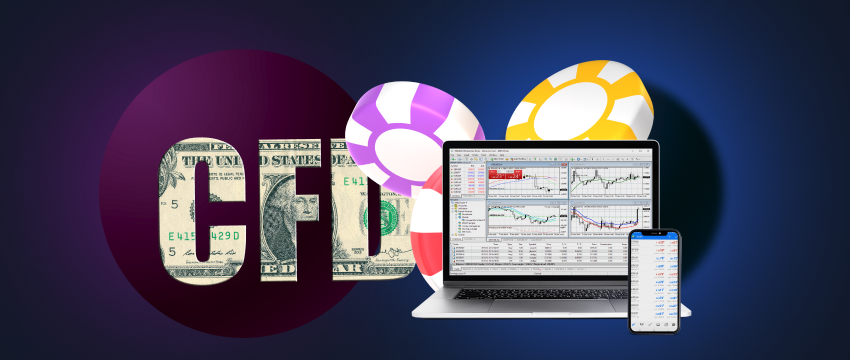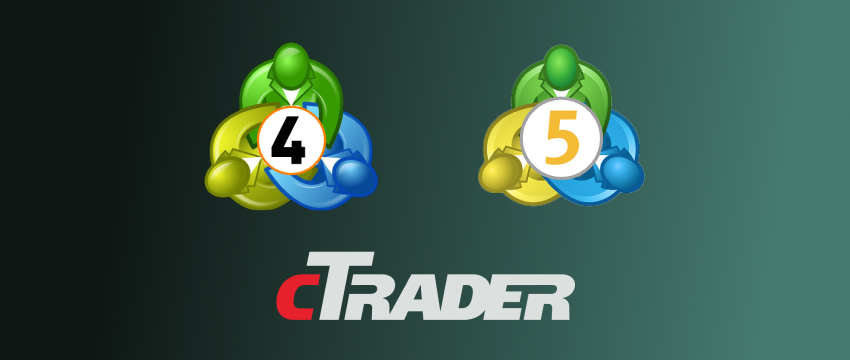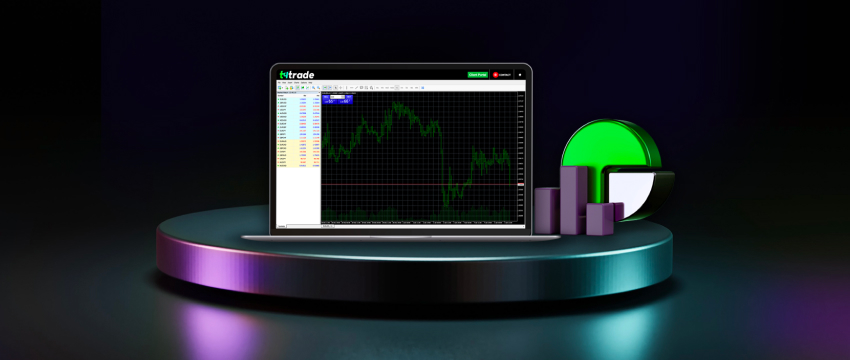CFD trading and gambling are two distinct activities. Whilst commonalities may exist as far as speculation is concerned, the one is not the same as the other. But to understand the differences requires having a fundamental understanding of both concept.
So, what is gambling?
According to Cambridge Dictionary, gambling is defined as “the activity of betting money”. It’s further explained as “the activity of risking money on the result of something, such as a game or a horse, hopint to make money”.
Brittanica describes gambling as “the betting or staking of something of value, with consciousness of risk and hope of gain, on the outcome of a game, a contest, or an uncertain event whose result may be determined by chance or accident or have an unexpected result by reason of the bettor’s miscalculation. The outcomes of gambling games may be determined by chance alone, as in the purely random activity of a tossed pair of dice or of the ball on a roulette wheel, or by physical skill, training, or prowess in athletic contests, or by a combination of strategy and chance.”
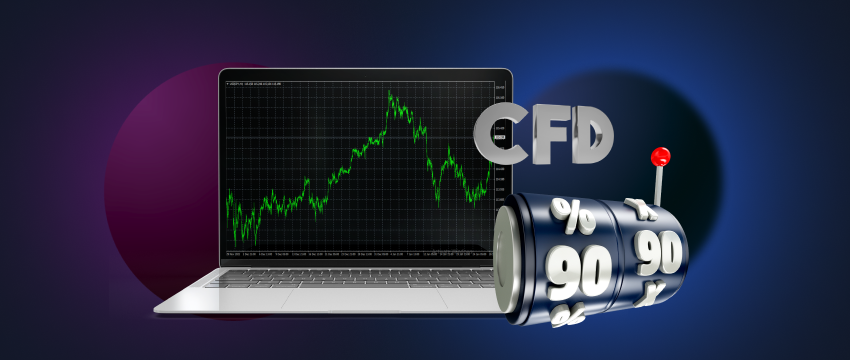
What are the psychological effects of gambling?
According to some sources, gambling can have a dramatic impact on one’s mental health. It’s comes as a result of the aggressive highs and lows that winning and losing evoke. Pathological gambling takes this one step further, triggering or worstening emotions like depression, anxiety, obsessions and even personality disorders. Gambling addiction can certainly take a toll on one’s life. Battling the uncontrollable urge to keep on chasing bets despite racking up losses can feel almost impossible. This is because gambling is said to stimulate the brain’s reward system much like alcohol and drugs. And feeling compelled to keep playing to recover money or duplicate wins can become increasingly destructive over time.
Do gambling strategies work?
The internet is full of literature selling this or that betting or gambling strategy or system to improve ones odds of success. Many prey on gullible people, desperate to believe that they’ve ound the winning formula. Ultimately, there is no one sure strategy that can guarantee wins every time. Gambling is inherently risky and the potential for losing money is high.
So, now that we have a better understanding of gambling, let’s move on to what CFD trading is.
What is a Contract for Difference (CFD)?
A CFD is a contract entered into between a CFD trader and a broker. The contract enables the trader to speculate on the price movement of the CFD’s underlying asset. This asset may differ from CFD to CFD. It includes stocks, currency pairs, commodities, metals, indices, futures, etc. Access to these underlying assets will largely depend on the trader’s CFD broker. This makes choosing a broker that caters to your preferences key. The direction the asset’s price takes will determine whether the trader makes a profit or a loss. The contract essentially pays the trader the difference in the price between opening and closing trades. Now, while speculation could possibly be construed as “taking a gamble”, the basis for that speculation differs from conventional gambling. In other words, how that trader comes to the decision on how to trade is likely based on extensive research and analysis.
Do CFD trading strategies exist?
Where gambling is very much a game of chance, there are some popular CFD trading strategies utilised to execute trades. These include CFD day trading, CFD news trading, CFD position trading, and also CFD swing trading. Each of these strategies has its own objectives. However, for the most part, they seek to profit from short term price movements, except for position trading, which takes a longer term approach.
Research and analysis in CFD trading
Analysing the markets is a crucial aspect of CFD trading and making informed decisions. There are two main methods of analysis:
- Technical analysis: This usually sees the CFD trader analysing prices charts, patterns, trends, and indicators to predict future price movements. Some of the most common technical analysis tools include RSI, Bollinger Bands, moving averages, MACD, Fibonacci retracements, and many more.
- Fundamental analysis: This refers to assessing the intrinsic value of the underlying asset. It is usually based on economic, financial and qualitative factors. The CFD trader will usually look at a company’s financial statements, profit and loss, projected revenue, etc. The trader will also consider factors like economic indicators, economic news, central bank releases, and geopolitical events, that might affect the market.
Research and analysis are probably the two key distinctions between CFD trading and gambling. Whereas CFD trading is heavily based on extensive monitoring of markets and understanding data, gambling is not.

Adoption of risk management tools
Another primary difference between CFD trading and gambling is importance placed on risk management techniques to minimise loss. CFDs are highly leveraged financial derivatives afterall. So while the potential for making huge wins is possible, so too is the risk of making massive losses. This is because while leverage can amplify gains, it can also magnify capital loss, quickly and unexpectedly. Some of the more popular risk management techniques adopted by CFD traders are:
- Stop loss orders: an order for a trade to be bought or sold once the underlying asset reaches a certain price. This is to minimise losses by having the trade closed automatically based on predefined criteria (level).
- Take profit orders: these orders are used to secure profits once a certain price target is reached.
- Position sizing: this refers to the size of a particular trade, typically aligned with the traders budget and tolerance for risk.
- Portfolio diversification: this is the spreading of the trader’s investment across different asset classes, rather than concentrating all of one’s investment in a single asset.
- Trading psychology: emotive trading can result in adverse trading outcomes. This makes getting a good handle on your emotions incredibly important. Trading decisions driven by fear, greed, arrogance or impulsion typically have negative consequences. Instead, by managing your emotions better and instead focusing on proper analysis, will improve your potential for success.
In the event that a CFD trader does not implement any form of risk management technique, the risk of losing all their money increases significantly.
Acquiring a CFD trading-related education
CFD trading can become incredibly complex if the trader doesn’t have a proper understanding of it. It requires knowledge of how the different markets operate and the factors impacting asset prices. To acquire this information requires committing a portion of ones time to acquiring a trading related information. But what does this look like? What are some of the most widely used learning tools and resources that CFD traders use to widen their scope of knowledge? They include:
- E-books or guides,
- Physical books
- Audio siar
- Webinar
- Seminars
- Videos-on-demand
The internet is full of many of these resources and largely free to use. Additionally, reputable brokers also usually offer exclusive resources to traders to boost their skills and bolster their expertise. T4Trade for instance has its Academy through which traders can access many of the resources offered above. Furthermore, T4Trade also runs daily Live TV (Monday to Friday) through which traders can access innovative insights from inhouse experts, researchers and analysts. In addition, T4Trade’s Economic Calendar enables traders to monitor key economic releases and announcements that may impact markets. T4Trade blogs also cover a broad range of subjects including CFD fundamentals, research and analysis.
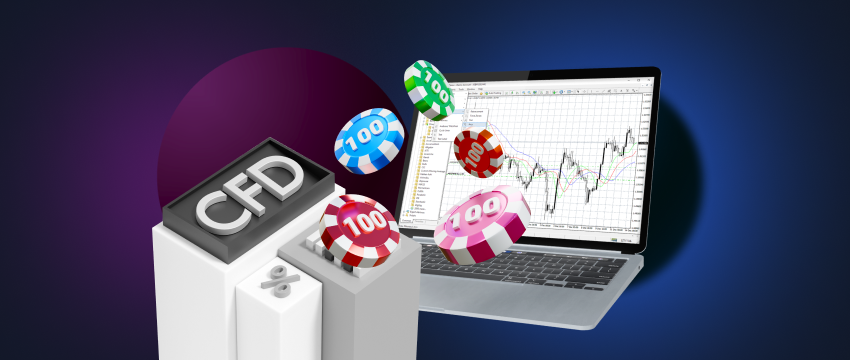
Demo trading account
If you’re looking to improve your trading skills, consider signing up for a T4Trade demo trading account. A demo account offers you a the opportunity to practice making trades and analysing outcomes. It can also be used to test out different trading strategies to establish what works best for you. Seeing as you’ll be using virtual funds, you’re able to gain crucial expertise without having to put your own money at risk.
Penafian: This material is for general informational and educational purposes only and should not be considered investment advice or an investment recommendation. T4Trade is not responsible for any data provided by third parties referenced or hyperlinked in this communication.
